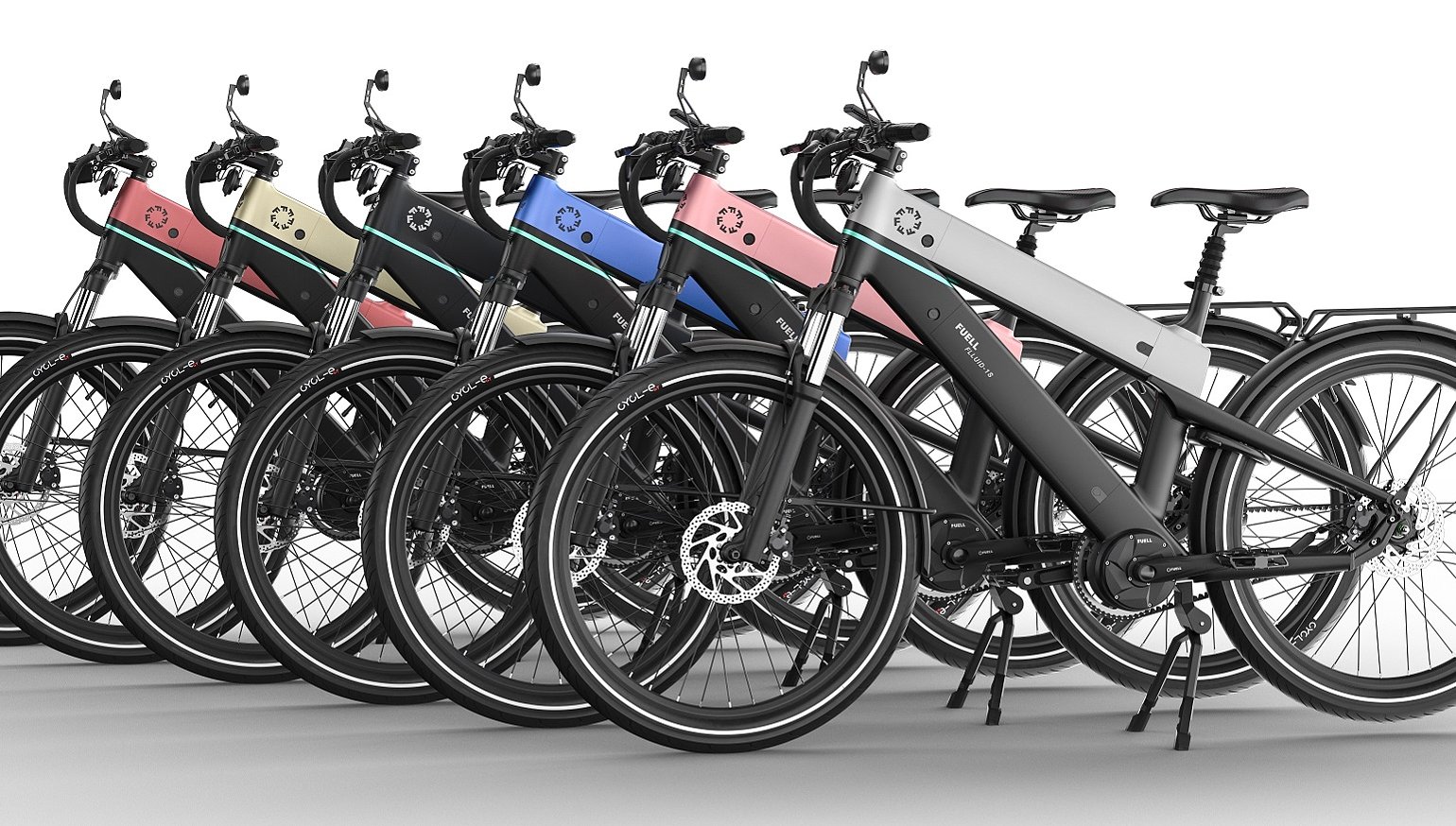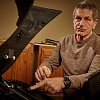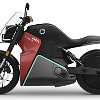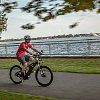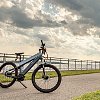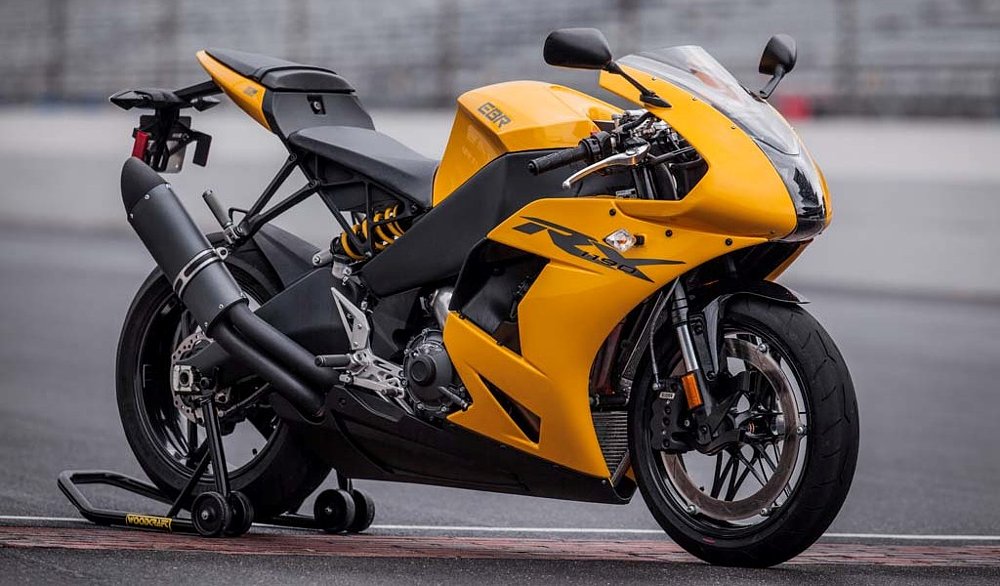Fuell is promising some news next week, and in the meantime the company is setting the table by sharing some thoughts from co-founder Erik Buell about urban mobility in the age of the pandemic.
Fuell is the enterprise formed by Buell, the engineer and founder of Buell Motorcycles, and French entreprenuers Frédéric Vasseur (current team principal of the Alfa Romeo F1 team) and Francois-Xavier Terny. We've previously reported on the company's plans for its Fuell Fllow electric motorcycle and both Spurgeon and Andy tested the Fuell Flluid-1S electric bicycle in the demanding commuting environment of Philadelphia last year.

A lot has changed since Fuell was founded in 2018 or even since Andy used the Flluid to bypass stalled Philly traffic and get to RevZilla World HQ on far more appealing bike paths. For one thing, thanks to the pandemic, fewer people are commuting to work, either because they're out of a job or they are working remotely. At the same time, more and more people are living in bigger and bigger cities, so urban transportation is still an issue.
Not surprisingly, Erik Buell has some thoughts on the matter and leans toward single-track vehicles as a solution.
"Whether it’s a human-pedaled bicycle, a pedal-assisted electric bicycle or an electric moto, two wheels are the clear solutions for urban mobility," Buell asserts.
Millions of people in Asia, Europe and Africa know this as a daily reality. In many Asian cities, the streets couldn't function if not for the fact that most traffic is two-wheelers, instead of cars. "Driving a car or riding in an Uber is like walking down the street with your arms stretched wide out, taking the street for yourself," Buell says, but that's the option that's seen as the norm in the United States.

Meanwhile, for years governments have been nudging people toward using mass transit. We know the drawbacks from a personal experience level. As Buell describes it, "it’s just not a pleasant experience, and it only gets you vaguely near the place you want to be. It’s also a very expensive endeavor that burdens city budgets. Sometimes these huge expensive vehicles are full and sometimes near empty. In either case they keep running from point A to B at Y o’clock despite the fact that you need to get from C to D at Z o’clock."
Now, add to that the concern that mass transit is a great petri dish for spreading the coronavirus and some of the governments that formerly promoted mass transit usage are now warning you of its dangers. As we reported before, the motorcycle industry association in the UK is even using those warnings to promote motorcycles and scooters not just as a more fun commuting option, but also as a safer one.
"These past months have definitely reinforced the importance of personal space and safety," Buell says. "Worldwide, the movement to change our habits is accelerating. Urban transportation should be a comfortable personal tool empowering us to better live our multitasking lives."

So what's next?
While there's a lot of demand for autonomous cars, there is no demand, as Buell notes, for self-operating two-wheelers.

That includes making those personal, single-track vehicles an itegrated part of the new safety systems being developed, as other parts of the transportation industry develop the means for vehicles to communicate with each other.
"We cannot take the engineering easy way out, but instead must push, push ourselves to innovate in the two-wheeler format," Buell says. "And this innovation must include a complete integration with smart cities — the famous V2V and V2X protocols to connect all infrastructure and vehicles."
Ever since Erik Buell first bolted a Harley-Davidson XR1000 engine into a sport bike frame, he's been thinking about unconventional approaches to solving challenges. Back then, the challenge was mainly going faster around a race track. Today, it's keeping people moving in a world that's changing rapidly. Let's see what Buell and Fuell unveil next.




